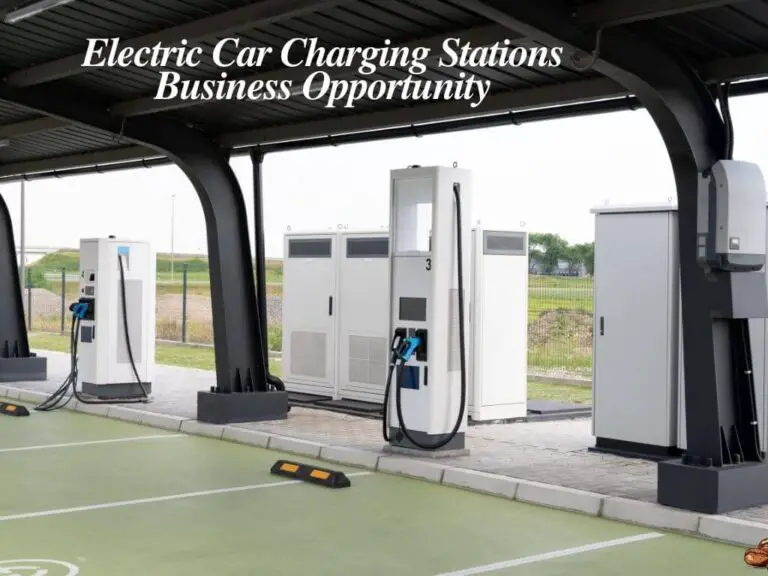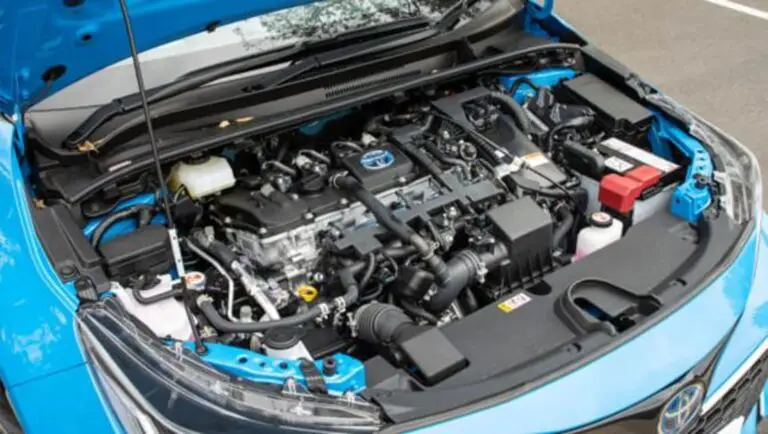When it comes to electric vehicles (EVs), one of the most common questions people have is: how much does an electric car battery cost to replace? This question is crucial for potential EV owners, as understanding the cost of battery replacement is essential for long-term planning and budgeting.
In this comprehensive guide, we’ll delve into the factors that influence the cost of replacing an electric car battery, explore potential price ranges, and provide insights on how to minimize these costs. Let’s dive in!
Understanding Electric Car Batteries
Electric cars are transforming the way we think about automotive technology, and at the heart of these eco-friendly vehicles are advanced electric car batteries. Let’s dive into the fascinating world of these power-packed wonders.
Anatomy of an Electric Car Battery
An electric car’s battery is like its heart, providing the essential energy for propulsion. These batteries are typically composed of several smaller units, known as cells, working in harmony to generate the necessary power. The most common type of electric car battery is the Lithium-Ion (Li-ion) battery.
- Cells: The basic building blocks of an electric car battery are the cells. These cells store electrical energy in chemical form and release it as needed. They’re usually stacked together in modules to create the required voltage and capacity for the vehicle.
- Cathode and Anode: Each cell has a cathode (positive electrode) and an anode (negative electrode), which are separated by an electrolyte. During charging, lithium ions move from the cathode to the anode, and during discharging, they move back, creating a flow of electrons that powers the car.
- Thermal Management: Electric car batteries require careful temperature control to maintain optimal performance and prevent overheating. Many modern electric vehicles are equipped with sophisticated thermal management systems to ensure the battery’s longevity and safety.
Lifespan and Degradation Factors
Understanding the lifespan of an electric car battery is crucial for both consumers and the industry.
Here are some factors that influence the longevity and degradation of these batteries:
- Charge Cycles: An electric car battery’s capacity diminishes over time due to charge and discharge cycles. Each time you charge and use the battery, it undergoes a cycle, gradually reducing its overall capacity.
- Depth of Discharge: Deeper discharges (using more of the battery’s capacity) can accelerate wear and tear, while shallow discharges can prolong the battery’s life. It’s essential to strike the right balance between using the battery’s capacity and preserving its health.
- Temperature: High temperatures can speed up battery degradation, while colder temperatures can reduce its efficiency temporarily. Keeping the battery at an optimal temperature range is essential for maintaining its health.
- Fast Charging: Frequent use of fast charging, while convenient, can contribute to battery degradation over time. It’s advisable to use fast charging sparingly, especially in extreme weather conditions.
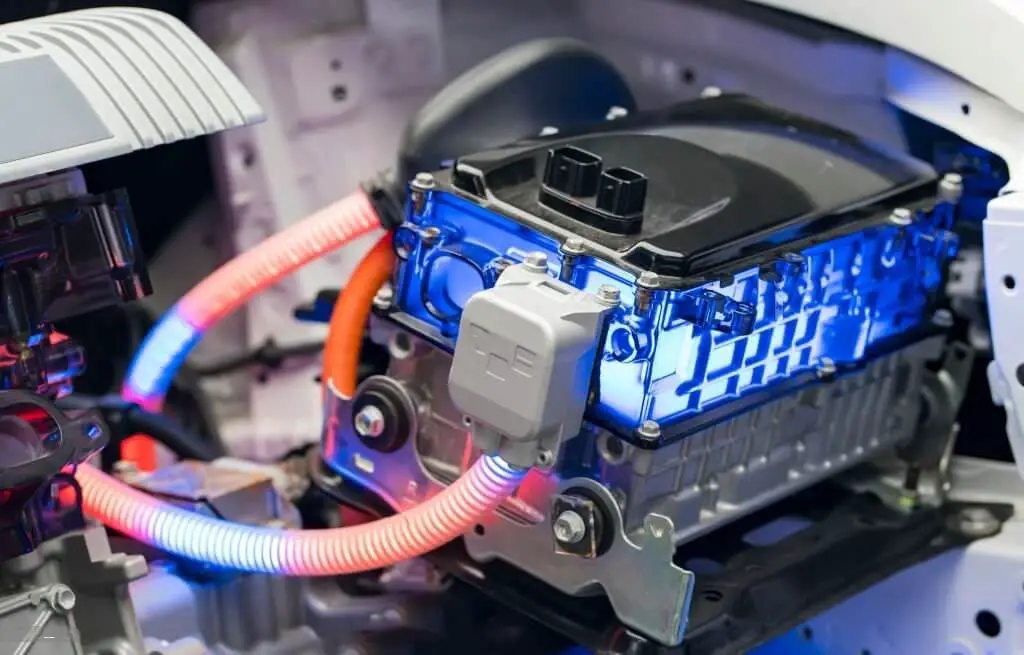
Types of Electric Car Batteries
- Lithium-Ion (Li-ion): Currently, the most common type of electric car battery, Li-ion batteries offer a good balance between energy density, weight, and cost. They’ve become the industry standard due to their reliability and efficiency.
- Solid-State Batteries: These next-generation batteries are on the horizon, promising even higher energy density, faster charging, and improved safety. Solid-state batteries replace the liquid electrolyte in Li-ion batteries with a solid material, enhancing overall performance.
- Other Battery Technologies: While Li-ion and solid-state batteries dominate the scene, researchers are exploring alternative technologies, such as lithium-sulfur and lithium-air batteries, aiming for even greater energy storage capabilities.
Understanding electric car batteries is essential for appreciating the incredible advancements in the electric vehicle industry. These batteries are the driving force behind a sustainable and greener future of transportation.
Factors That Impact the Cost of Replacing Your Battery
How much does an electric car battery cost to replace? there comes a time when these powerhouses need to be replaced. The cost of battery replacement can vary significantly based on several factors. In this blog post, we’ll delve into the key aspects that influence the cost of replacing your battery, explaining them in simple terms.
Brand and Model Variability:
Different brands and models of batteries come with varying price tags. Established and reputable brands often charge more for their replacement batteries due to their quality and reliability. Cheaper, lesser-known brands might offer more affordable replacements, but they could compromise on performance and longevity.
How much does an electric car battery cost to replace?
The size and capacity of a battery play a significant role in determining its replacement cost. Larger batteries with higher capacities generally cost more to replace due to the materials required and the energy they can store. Smaller batteries, like those in smartphones, might be more affordable to replace.
Warranty Coverage:
Warranties can greatly affect the cost of battery replacement. Batteries that are still under warranty might be replaced at little to no cost, depending on the terms and conditions.
However, if your warranty has expired, you’ll need to bear the full cost of replacement.
Technological Advancements:
Advancements in battery technology can influence replacement costs. Newer technologies might be more expensive to replace due to their cutting-edge features and improved performance. On the other hand, older, outdated technologies could be cheaper to replace.
Third-Party vs. Manufacturer Replacement:
When replacing a battery, you often have the choice between opting for a third-party replacement or getting one directly from the manufacturer. Third-party replacements tend to be more affordable, but there’s a trade-off.
Manufacturer replacements usually come with a higher price tag, but they’re often more reliable and might even come with warranties.
As you can see, the cost of replacing a battery is influenced by various factors. The brand, model, size, capacity, warranty coverage, and technological advancements all play a role in determining how much you’ll need to spend.
When the time comes for a battery replacement, it’s essential to weigh these factors and make an informed decision based on your budget and requirements.
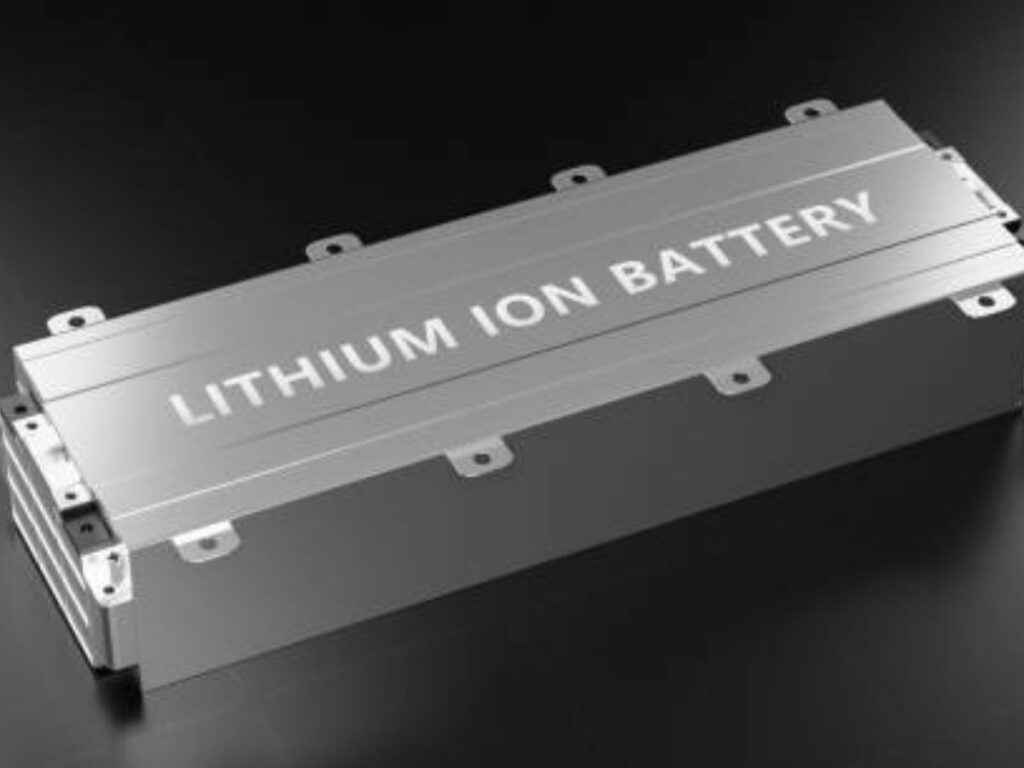
Comparing Electric Car Battery Replacement Costs
As the world pivots toward sustainable transportation, electric vehicles (EVs) have surged in popularity due to their eco-conscious nature and economical operation. Nevertheless, a prevailing concern among potential EV purchasers is the expense associated with battery replacement.
In this analysis, we will delve into the battery replacement costs of three prominent electric car models: the Tesla Model 3, Nissan Leaf, and Chevrolet Bolt. Our objective is to present easily comprehensible information regarding the battery replacement costs for each model, along with the factors that might sway these costs.
Certainly! Here’s the information presented in a table format:
| Electric Car Model | Battery Replacement Cost Range | Factors Influencing Costs |
|---|---|---|
| Tesla Model 3 | $8,000 – $15,000 (estimated) | Battery capacity, model year, technology advancements |
| Nissan Leaf | $5,000 – $9,000 (estimated) | Battery capacity, technology advancements, market trends |
| Chevrolet Bolt | $5,000 – $9,000 (estimated) | Battery capacity, technology advancements, market dynamics |
Factors Influencing Battery Replacement Costs:
- Battery Technology Advancements: Advances in battery technology can affect replacement costs by offering improved energy density and longevity, potentially leading to reduced expenses.
- Economies of Scale: Higher EV production volumes can lead to economies of scale, which may contribute to lowering battery replacement costs.
- Warranty Coverage: Manufacturer warranties might cover battery replacements within certain timeframes or mileage, reducing costs for the owner.
- Aftermarket Solutions: Third-party companies could introduce aftermarket battery options that affect the competitive landscape of replacement costs.
It’s important to note that these cost ranges are approximate and were based on information available up to September 2021. Battery replacement costs may have changed since then due to ongoing advancements in battery technology and market developments.
Easy Ways to Make Your Device Battery Last Longer
We rely on our devices for almost everything these days, but a common frustration is the limited battery life they offer. Imagine if your smartphone, laptop, or tablet could last longer between charges.
The good news is, with a few simple strategies, you can extend the lifespan of your battery and enjoy more usage time. In this blog post, we’ll explore three key areas: regular maintenance, efficient charging, and smart software management.
Regular Maintenance and Care Tips
Keep It Cool: High temperatures can strain your battery. Avoid leaving your device in direct sunlight or in hot environments for extended periods. This prevents overheating and potential damage to the battery.
- Optimal Storage: If you’re not using your device for an extended period, store it at around 50% battery capacity. Extreme low or high charges during storage can affect the battery’s health.
- Clean Connections: Dust and dirt can accumulate in the charging ports and connectors, leading to poor connections. Use a soft brush or compressed air to keep these areas clean.
- Avoid Extreme Conditions: Batteries don’t like extreme cold either. Don’t leave your device in freezing temperatures, as this can harm the battery’s performance.
Efficient Charging Practices
Partial Charges Are Okay: You don’t always need a full charge. In fact, frequent shallow charges (20-80%) are less stressful on the battery than full discharges and charges.
- Unplug After 100%: Avoid keeping your device plugged in once it reaches 100% charge. This continuous “trickle charging” can strain the battery over time.
- Charge at a Moderate Pace: Quick chargers are convenient, but slower charging (like using a standard charger) generates less heat and is gentler on the battery.
- Use Original Chargers: Stick to the charger provided by the manufacturer. Off-brand chargers might not deliver the right voltage and current, which can impact battery health.
Software Updates and Battery Management
- Update Regularly: Keep your device’s operating system and apps up to date. Manufacturers often release updates that optimize battery usage and overall performance.
- Battery Saver Mode: Most devices have a built-in battery saver mode that conserves power by limiting background processes, notifications, and screen brightness.
- App Management: Some apps drain your battery faster than others. Check your device’s battery settings to identify power-hungry apps and consider using alternatives or limiting their use.
- Background Processes: Close unused apps running in the background. These can consume energy even if you’re not actively using them.
By following these easy strategies, you can significantly prolong the life of your device’s battery.
Remember to treat your battery kindly by maintaining optimal conditions, adopting efficient charging habits, and managing software wisely.
The Bottom Line: How Much to Budget for Your Electric Car
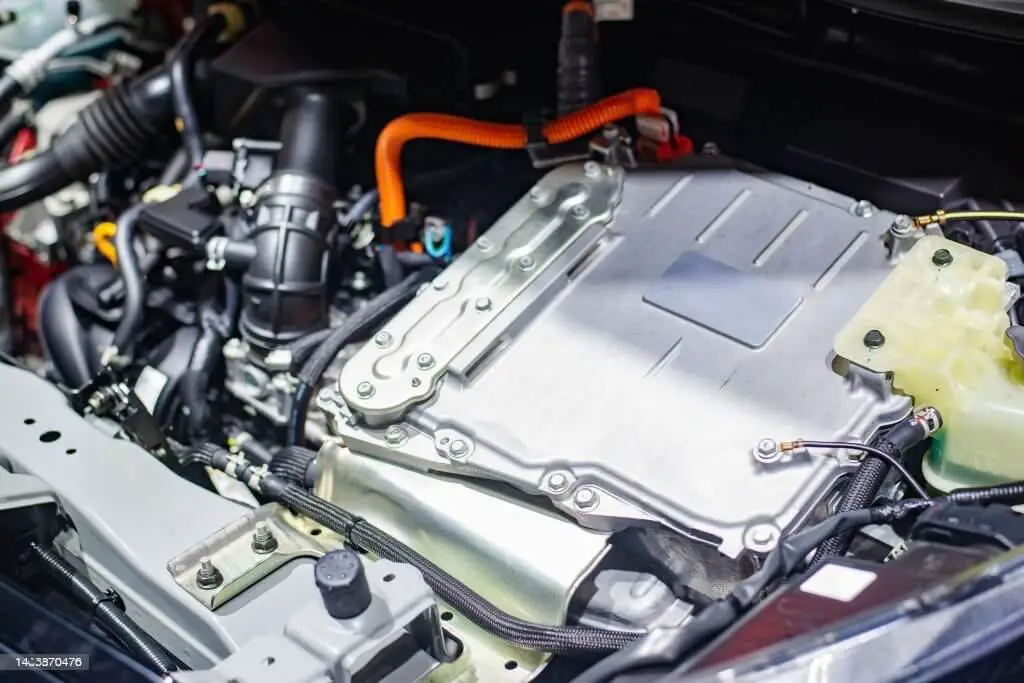
Are you considering making the switch to an electric car but unsure about the costs involved? Budgeting for an electric car is a crucial step in making an informed decision.
We’ll break down the key factors you need to consider when budgeting for an electric car, including the price ranges for different electric car batteries, cost comparison with traditional gasoline cars, and financing incentives for battery replacement.
Price Ranges for Different Electric Car Batteries
Electric car batteries are a significant part of the vehicle’s cost. Prices can vary based on factors like battery capacity and technology. Generally, there are three main types of electric car batteries:
- Standard Batteries: These are typically used in entry-level electric cars and offer a reasonable driving range. They are the most budget-friendly option, with prices ranging from $5,000 to $15,000.
- Mid-Range Batteries: These batteries provide a better driving range and often come in popular electric car models. They usually cost between $15,000 and $25,000.
- High-Performance Batteries: Found in luxury electric vehicles and high-performance models, these batteries offer impressive driving ranges and faster acceleration. However, they come at a higher price, ranging from $25,000 to $40,000 or more.
It’s important to note that battery prices have been steadily decreasing over the years due to advancements in technology and increased production, making electric cars more accessible to a wider range of consumers.
Cost Comparison with Traditional Gasoline Cars
When considering an electric car, it’s crucial to compare the overall costs with those of traditional gasoline cars. While the upfront cost of an electric car might be higher, several factors contribute to lower long-term expenses:
- Fuel Costs: Electric cars are more energy-efficient and cost less to fuel compared to gasoline cars. Charging an electric car is generally cheaper than filling up a gas tank.
- Maintenance: Electric cars have fewer moving parts than internal combustion engine cars, leading to reduced maintenance needs and costs.
- Tax Incentives: Many governments offer tax incentives and rebates to promote electric vehicle adoption, further reducing the overall cost.
- Resale Value: Electric cars are gaining popularity, and their resale value is expected to improve over time, making them a potentially wise investment.

Financing and Incentives for Battery Replacement
Battery replacement is a concern for electric car owners, but advancements in battery technology are extending their lifespan. When budgeting for battery replacement, consider:
- Warranty: Most electric cars come with warranties that cover the battery for a certain number of years or miles, often around 8 years or 100,000 miles.
- Financing Options: Some manufacturers offer financing plans that include battery replacement, spreading the cost over time and making it more manageable.
- Incentives: Some regions offer incentives or subsidies for battery replacement, making it more affordable for owners to replace their batteries when needed.
Budgeting for an electric car involves considering various factors, from battery prices to long-term cost savings. While electric cars might have a higher upfront cost, their lower operating expenses and environmental benefits make them an attractive choice for budget-conscious consumers.
Exploring Future Trends and Costs in Battery Technology
In the not-so-distant future, our lives will be powered by remarkable advancements in battery technology. These small but mighty devices are set to reshape the way we live, work, and interact with the world around us.
Let’s dive into the exciting world of batteries, their anticipated price reductions, and the crucial environmental factors that come into play.
Advancements in Battery Technology
Batteries, those inconspicuous power sources in our gadgets and electric vehicles, are undergoing a quiet revolution. Scientists and engineers are working tirelessly to enhance their performance, durability, and energy storage capacity.
Imagine a world where your smartphone lasts for days on a single charge and electric cars can drive for thousands of miles before needing a top-up!
- Longer Lifespan: Researchers are developing batteries that can withstand more charge cycles without losing their capacity. This means fewer replacements and less electronic waste.
- Fast Charging: Imagine charging your smartphone in just a few minutes! New battery technologies are being designed to allow for incredibly fast charging without damaging the battery itself.
- Solid-State Batteries: Traditional batteries use liquid electrolytes, but solid-state batteries promise improved safety, higher energy density, and wider temperature tolerance, making them ideal for electric vehicles and renewable energy storage.
Expected Price Reductions Over Time
As battery technology evolves, the cost of these powerful energy sources is also expected to drop significantly. This shift will make renewable energy solutions more accessible and accelerate the adoption of electric vehicles.
- Economies of Scale: As production volume increases, manufacturers can take advantage of economies of scale, driving down production costs.
- Innovation and Competition: More players entering the market and competing to create better batteries will naturally lead to innovation, which often translates into lower costs.
- Material Advances: Researchers are discovering new materials and manufacturing techniques that are not only more efficient but also cheaper to work with, ultimately reducing the overall cost of batteries.
Environmental Considerations
While the future of battery technology is exciting, it’s essential to consider the environmental impact.
- Recycling and Disposal: As battery usage increases, so does the importance of proper recycling and disposal. Efforts are being made to develop efficient recycling methods to recover valuable materials from used batteries.
- Sustainable Materials: The search for eco-friendly materials is ongoing. Researchers are looking into alternatives to rare and toxic materials currently used in batteries to create a more sustainable industry.
- Second-Life Batteries: Even after their original purpose is served, batteries can still find new life in less demanding applications. For instance, electric vehicle batteries can be repurposed to store energy in homes or support renewable energy grids.
The future of battery technology is brighter than ever. With advancements in longevity, fast charging, and the rise of solid-state batteries, we’re on the cusp of a new era of energy storage.
As costs decrease, these innovations will become more accessible to all, while the industry strives for sustainability through recycling and the use of greener materials.
FAQs-
How many years does an electric car battery last?
The lifespan of an electric car battery normally spans from 8 to 15 years, depending on factors such as model, usage patterns, and battery technology developments.
Regular maintenance and charging techniques can help extend the battery’s overall life. Furthermore, several manufacturers provide warranties that cover a specific number of years or miles to provide EV owners with peace of mind.
Do electric cars last longer than gas cars?
Electric vehicles are known to survive longer than regular gas vehicles. This is partly because electric drivetrains, which have fewer moving parts than internal combustion engines, are simpler and more robust. Electric vehicles having fewer wear-and-tear components, such as the absence of a complex transmission, fewer fluids to manage, and no exhaust system.
As a result, electric vehicles often endure less mechanical stress and require less maintenance, potentially leading to longer lifespans.
Do electric cars need oil?
No, regular motor oil is not necessary for electric vehicles. Electric automobiles use electric motors instead of the mechanical components found in internal combustion engine vehicles, which depend on oil for lubrication and cooling.
Final Thought
How much does an electric car battery cost to replace? the cost of replacing an electric car battery varies based on multiple factors, including battery capacity, manufacturer, warranty, and the age of the vehicle.
While the initial replacement cost can be significant, the long-term benefits of owning an electric vehicle, such as environmental advantages, lower operating costs, and government incentives, make it a compelling option for many individuals.
As technology advances, we can expect battery costs to decrease further, making electric vehicles even more accessible and attractive.

